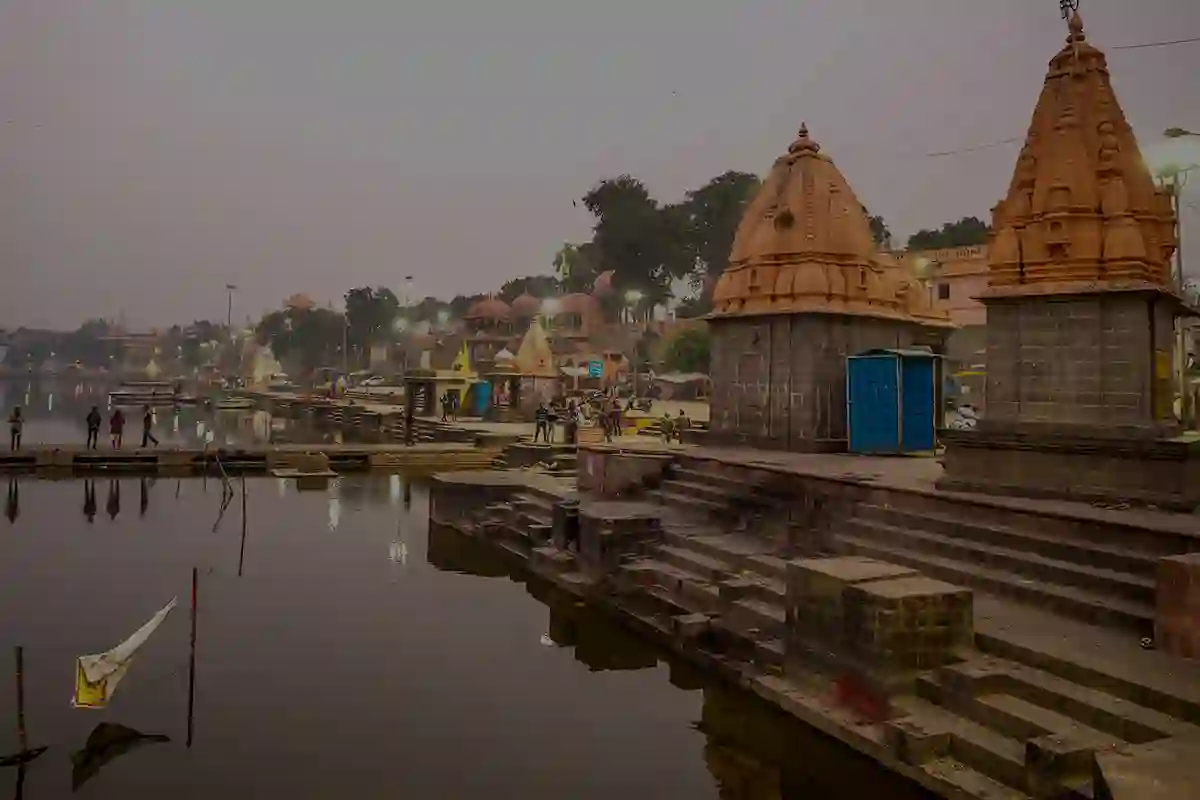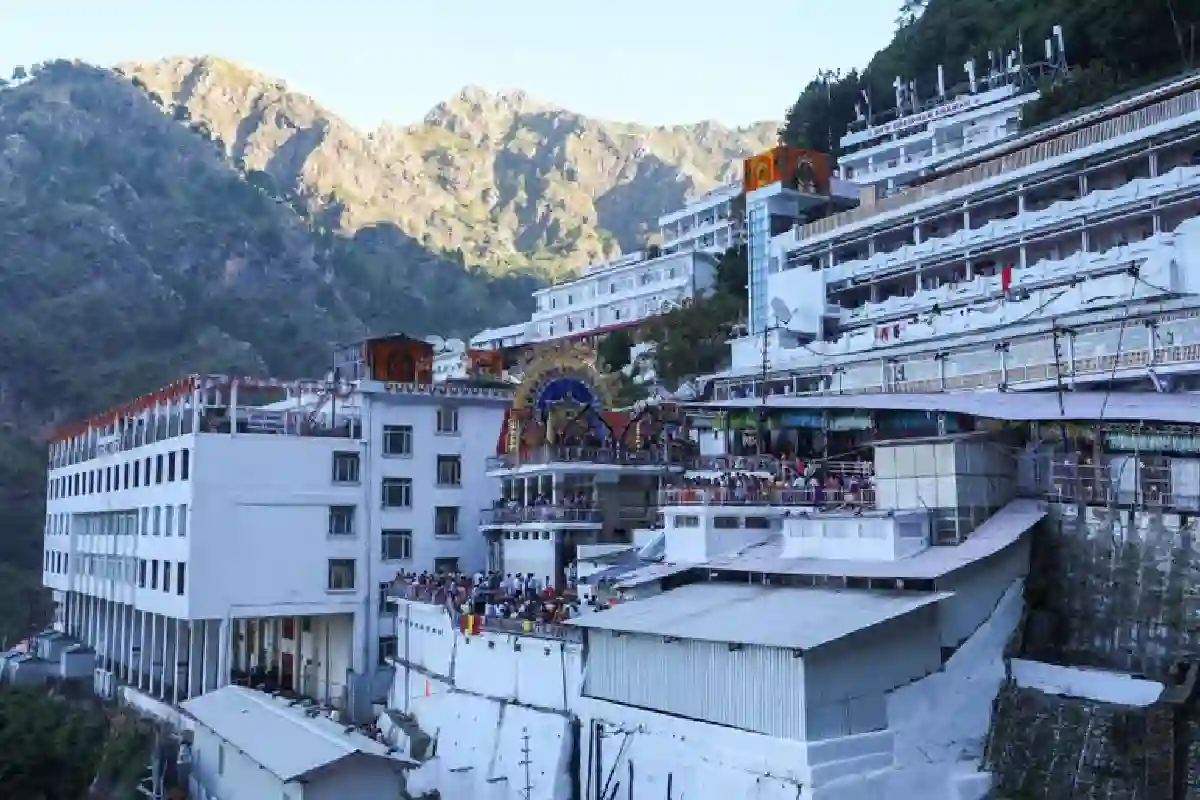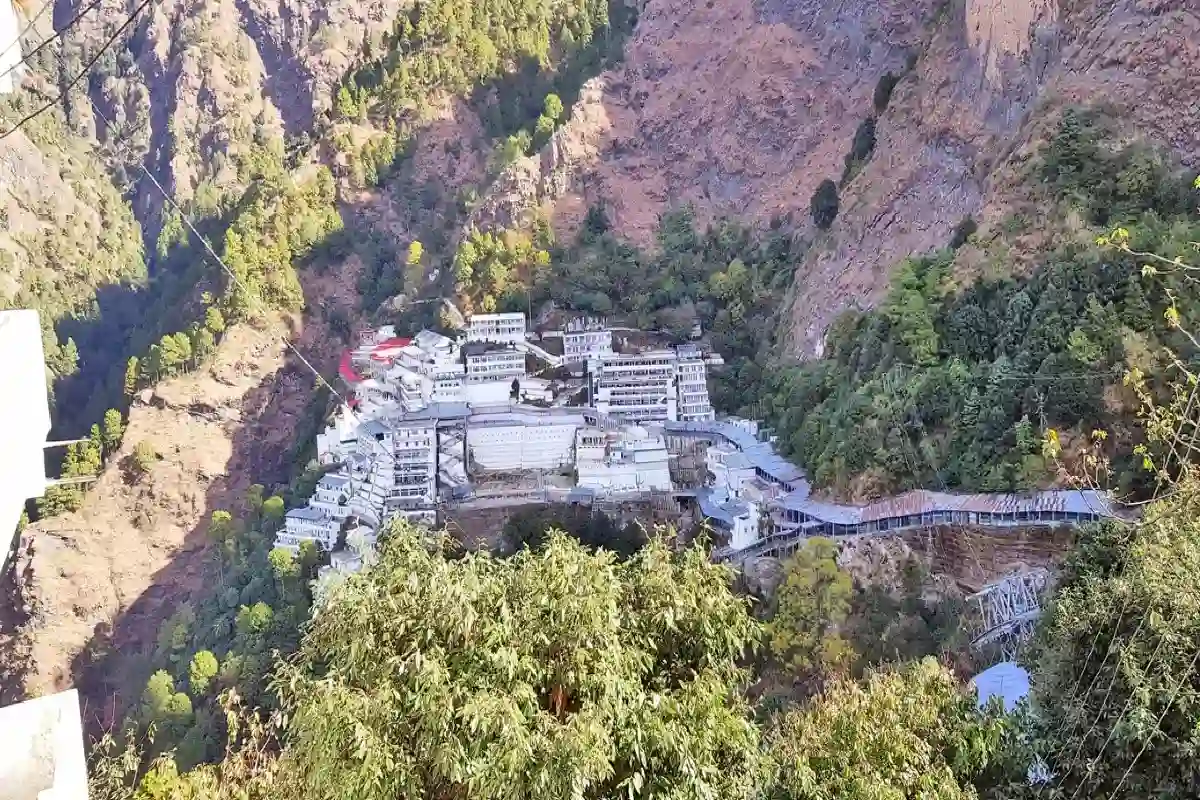Vaishnodevi
Vaishnodevi
Introduction
Vaishno Devi is one of the most revered and visited Hindu pilgrimage sites, located in the Trikuta Mountains of Jammu and Kashmir, India. The temple is dedicated to Goddess Vaishno Devi, an incarnation of Goddess Durga, who is believed to fulfill the wishes of her devotees. The temple is situated at an altitude of around 5,200 feet (1,575 meters) above sea level, making the journey to Vaishno Devi both spiritually and physically fulfilling.
According to legend, Goddess Vaishno Devi, also known as Mata Vaishno Devi, is believed to have meditated in the cave after she performed penance and attained divine powers. Devotees from all over the world visit the temple to seek blessings for health, prosperity, peace, and protection. The pilgrimage is considered a deeply spiritual experience, and thousands of devotees make their way to the shrine annually, especially during festivals like Navaratri and Chaitra Ashtami.




- October to March – The best months to visit due to pleasant weather, making temple visits comfortable.
- During Festivals – Ram Navami (March-April) and Diwali (October-November) are the most auspicious times to experience Ayodhya’s spiritual essence.
- Monsoon (July-September) – Lush greenery enhances the beauty of temple surroundings, but occasional rains may affect travel.
- Summer (April-June) – The city remains hot, so early morning or evening temple visits are advisable.

- Visit Shri Ram Janmabhoomi – The sacred birthplace of Lord Ram.
- Explore Hanuman Garhi – A famous temple dedicated to Lord Hanuman.
- Attend Saryu Aarti – Witness the mesmerizing evening aarti at the Saryu River.
- Visit Kanak Bhawan – A divine temple dedicated to Lord Ram and Sita.
- Experience Treta Ke Thakur – A temple with ancient idols of Ram, Sita, and Lakshman.
- Explore Nageshwarnath Temple – A revered Shiva temple in Ayodhya.
- Take a Holy Dip in Saryu River – A spiritual ritual for purification.
- Enjoy Ram Ki Paidi – A scenic riverside attraction for peace and relaxation.
- Participate in Religious Events – Engage in bhajans, kirtans, and yagnas across temples.




